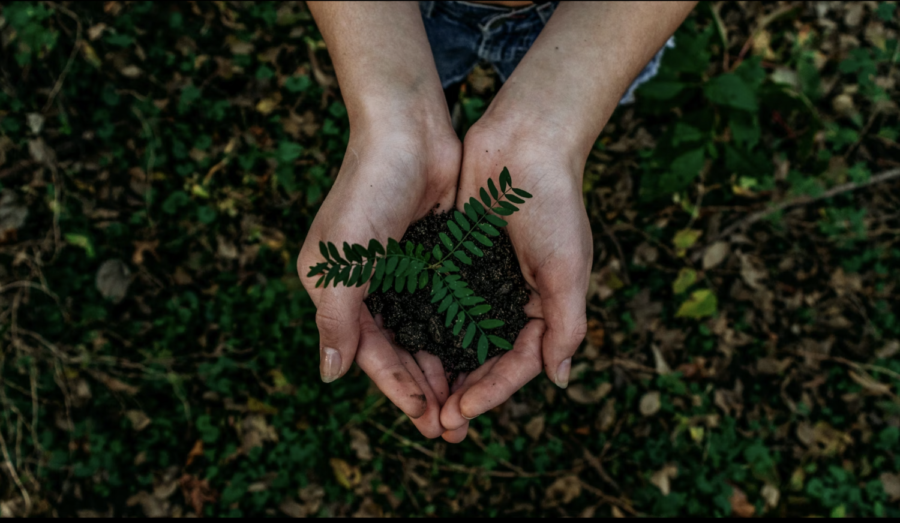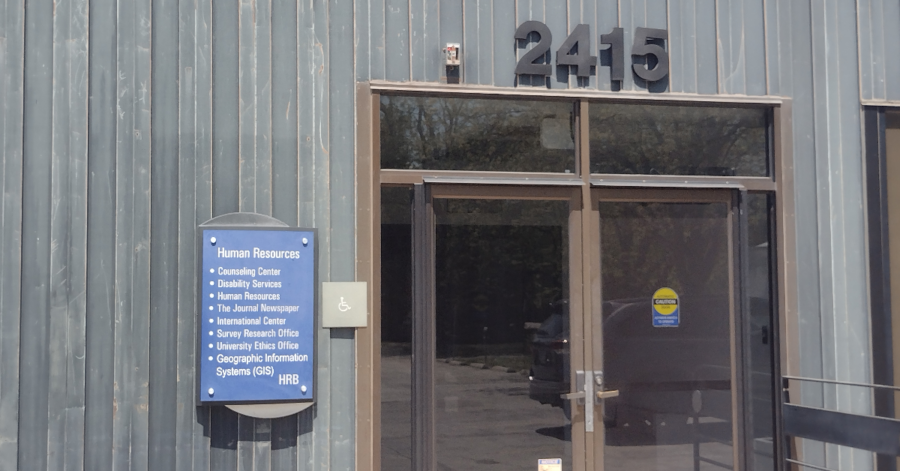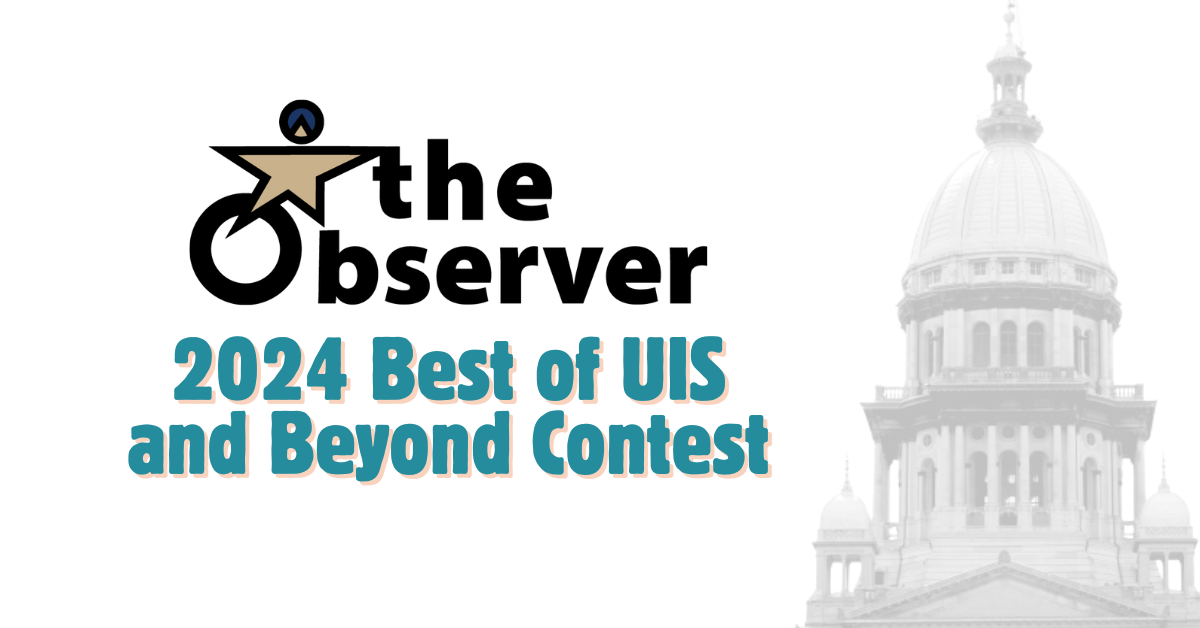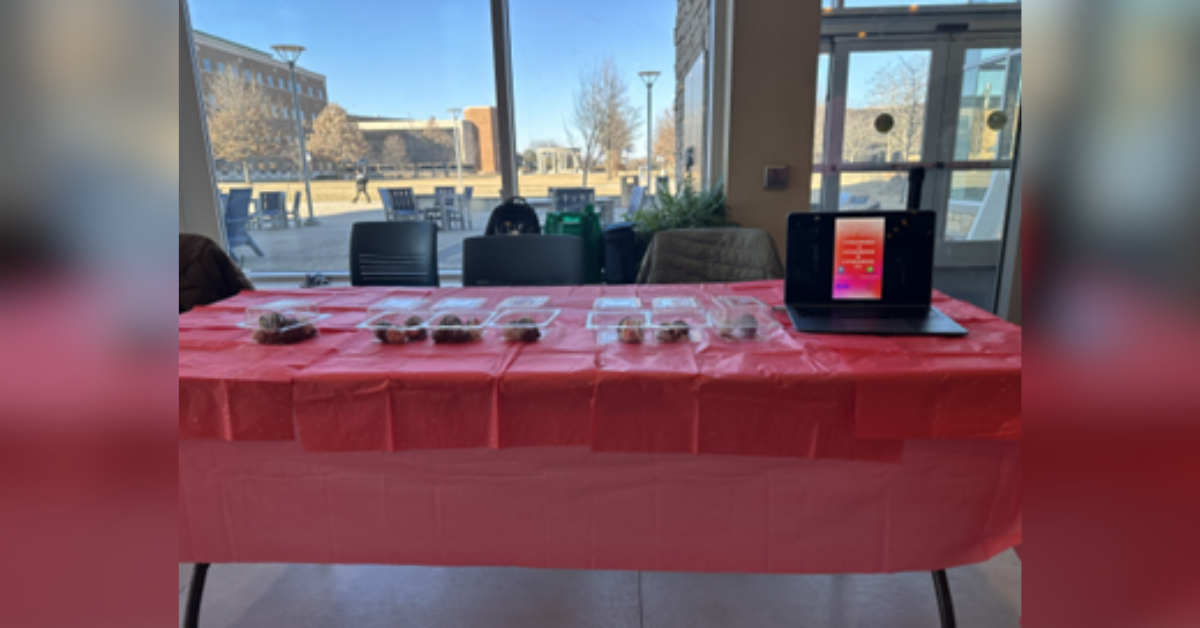When I was a sophomore in college, I was hired as a sustainability intern for my community college. This position allowed me to focus on a project that my college was undertaking and examine and create sustainable practices for the development and continuation of that project. My main focus was exploring the rehabilitation of an old department store that was turned into a trades-focused campus building, how the construction practices were sustainable, and what could be done in the future to encourage sustainability for the campus and community. This project taught me two things: construction is way more nuanced than I ever anticipated, and my sustainability efforts mean nothing and everything at the same time.
With the current record-breaking temperatures in central Illinois and Earth Day coming up, it’s hard not to think about climate change. Whether you are a climate denialist or optimist, there is a narrative surrounding climate change stating that individual action does not matter for the health of the planet. There is a constant discourse about who is correct about climate change, what is the best course of action (or the lack thereof), and whom to blame. Amidst this discourse, there is the polarity that we need to behave in a way that creates sustainable patterns; all the while, we have to know that our individual efforts are inconsequential to the future of the planet. This polarity breeds inaction, but more importantly, it breeds hopelessness. How, as a 21-year-old, am I supposed to grapple with the idea that my future is apocalyptic and have no action that is worth taking to save – or just stall – me from experiencing my planet’s decline? Why are my only two options ignorance or despair?

Additionally, being a believer and supporter of climate reform, there is this constant internal duality of my own hypocrisy. As I type this, I drink bagged tea in a reusable Starbucks cup. Yes, my cup is reusable and made out of recycled materials, but it’s from a corporation that creates massive amounts of non-recyclable cups and uses coffee flown in from across the planet. What does my single action do to counter the constant pollution that Starbucks dumps every day? And if my choices mean nothing to the vitality of the planet, does it matter that I want the best for the future while also participating in some polluting practices? These internal conflicts drive my hopelessness, as well as degrade the efforts I have made to be more environmentally conscious.
While climate reform needs to be felt on a national and global scale, I think that there is a place for individual action in local communities to reinvest in sustainability. My former community college refurbishing a building does nothing on a global scale, but it is a reinvestment into the community while also being the most environmentally conscious way to promote sustainable growth. At UIS, the ECCE event discussing UN Climate Negotiations (happening 4/26) is important because it brings a global issue to the local community. Even the Earth Day Awareness fair happening at Henson Robinson Zoo this upcoming Saturday (4/22) helps to bring activism to an approachable and tangible space. People are more likely to care about their neighbors than about people who live across the country – or across the globe – from them. If climate activism takes a grassroots approach, individual action will have more meaning and direct implications while also encouraging healthy practices across the globe. Creating a local network of activism has the potential to make meaningful change and reinvigorate hope.
















